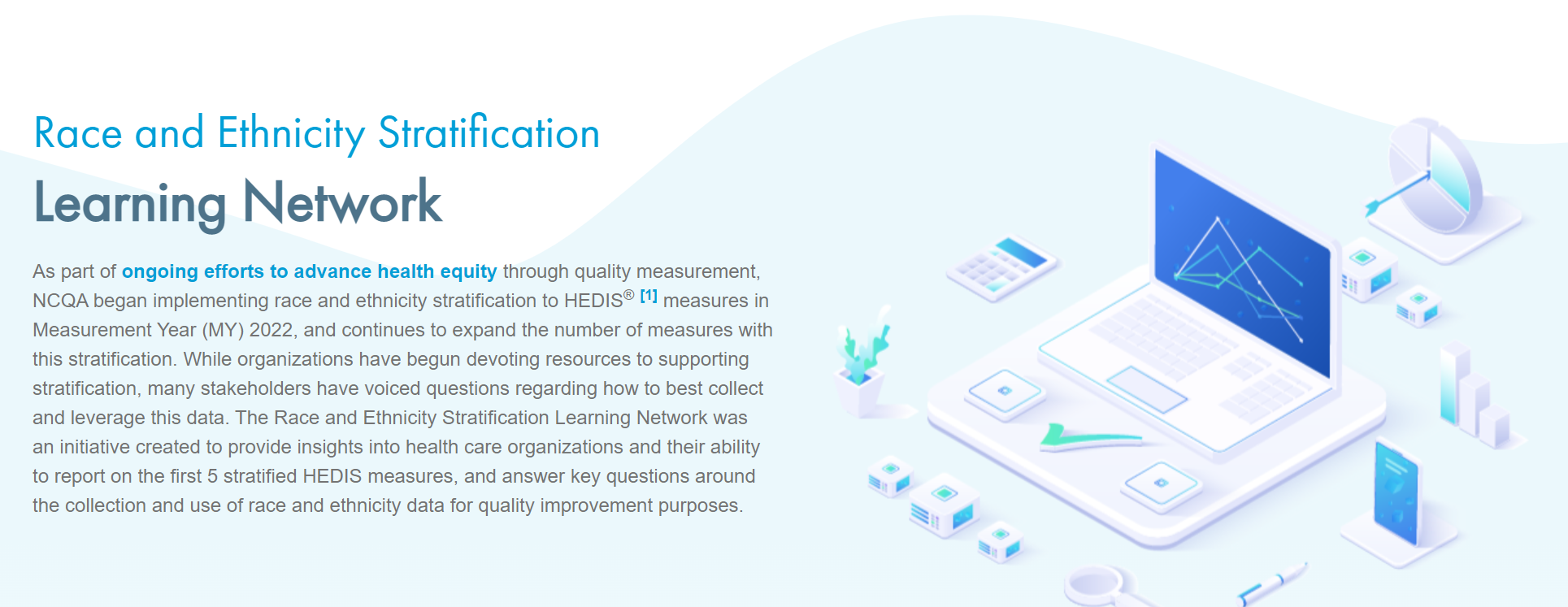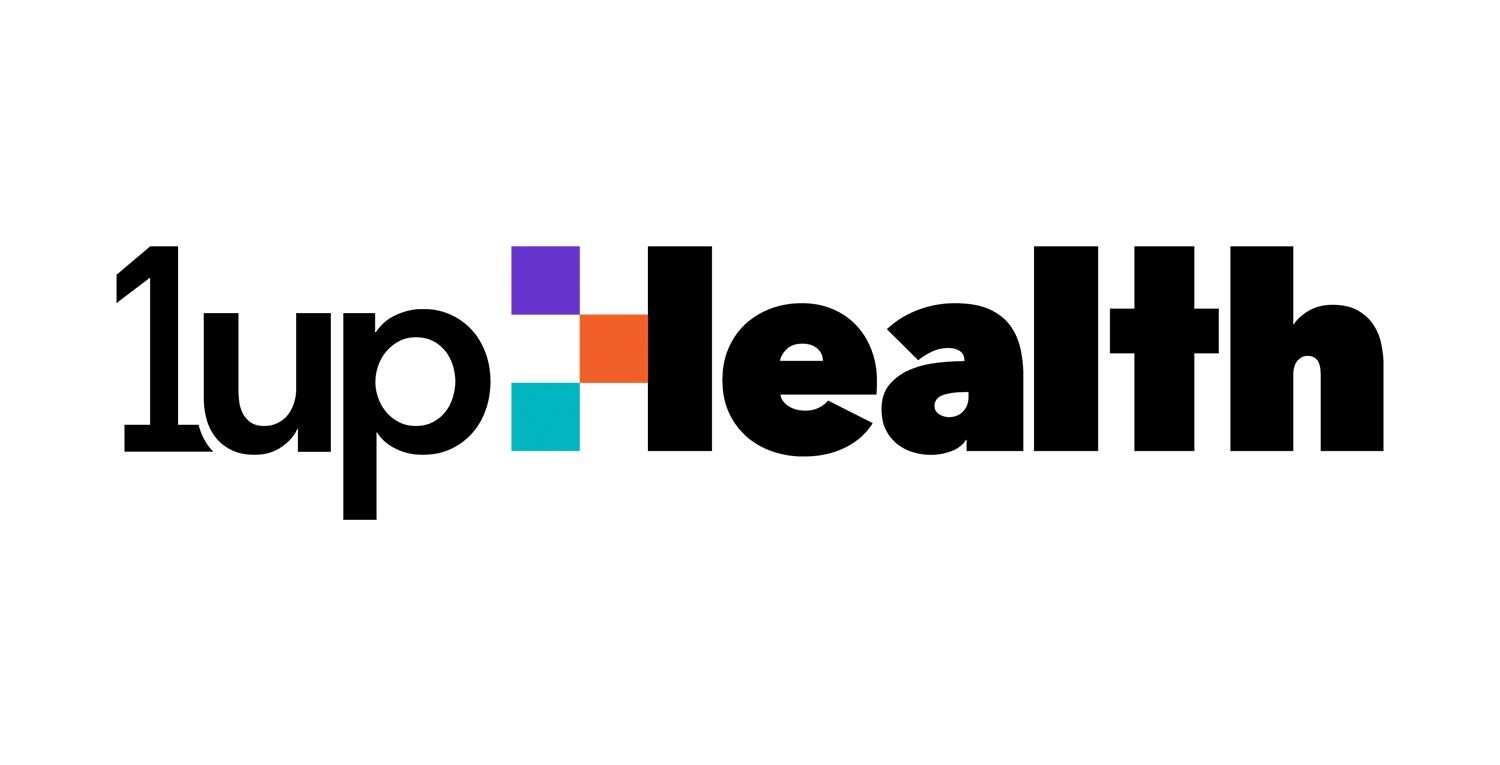As a result of the Families First Coronavirus Response Act (FFCRA), Medicaid programs were required to keep citizens continuously enrolled through the COVID-19 public health emergency (PHE). These continuous enrollments ended on March 31, 2023, resulting in what many call the unwinding of Medicaid.
In June, the Kaiser Family Foundation (KFF) estimated that between 8 million and 24 million people will lose Medicaid coverage during the unwinding of the continuous enrollment provision. The
Read More
Medicaid | Medicaid Patients | Medicaid Reform | Regulation, Policy, Analysis, Insights - HIT Consultant
Why Accurate Data is a Lifeline to Care in the Medicaid Redetermination Cycle
During the pandemic, Medicaid enrollment grew by nearly 30% to cover more than 93 million Americans, due in large part to COVID-19 provisions that included continuous Medicaid enrollment. With the unwinding of these pandemic emergency orders, annual cycles of Medicaid redetermination have returned. As a result, states have removed close to 4 million Americans from Medicaid to date. The ongoing redetermination process is likely to expand health inequities across the nation, including in
Read More
TytoCare Report Reveals Providers’ Key to Virtual Care Adoption
What You Should Know:
A new report released by TytoCare, a virtual care company enabling accessible, high-quality primary care from home, revealed insights into how health plans and organizations can drive virtual care engagement.While key elements that patients value in virtual care offerings include cost and time savings, and the ability to reduce Emergency Department (ED) or urgent care visits, people want to see doctors they trust or and are more likely to adopt virtual care when
Read More
Improving Non-Emergency Medical Transportation: Driving Better Outcomes for Patients and Health Plans
As the healthcare industry continues to evolve, there is a growing need for innovative solutions that not only improve the quality of care but also make care more accessible. Non-emergency medical transportation (NEMT) plays a crucial role in helping patients get to where care is delivered. As healthcare reform efforts continue to gain momentum, transportation benefits have become an increasingly critical component of providing equitable care to patients. NEMT helps close the health equity gap
Read More
Report: 20% of Americans Skip Healthcare Due to Transportation Barriers
What You Should Know:
A new analysis shows more than 21% of U.S. adults without access to a vehicle or public transit went without needed medical care last year. These individuals were significantly more likely to skip care than those who reported neighborhood access to public transit services (9%).This analysis examining the association between transportation and access to healthcare was conducted by Urban Institute researchers with support from the Robert Wood Johnson
Read More
NCQA Launches Race and Ethnicity Stratification Learning Network
What You Should Know:
- The National Committee for Quality Assurance (NCQA) today launched the Race and Ethnicity Stratification Learning Network, a free, interactive, online tool that offers data and best practices to help health plans improve how they collect race and ethnicity data on their enrollees. Improving data collection of race and ethnicity data is vital to improving health equity.
- The data available in this new resource summarize the care of 20 million people
Read More
6 Ways Health Payors Can Leverage Intelligent Document Processing for Cost Savings
The prevailing global economic conditions are negatively impacting the healthcare industry. Continuing staff shortages, endemic COVID-19, high inflation rates, and supply chain disruptions continue to drive medical costs higher, worsening what is already a persistent challenge for health insurers.
To offset rising healthcare costs, health insurance payors are challenged to find ways to contain their own costs by streamlining their processes and tightening their belts, which invariably
Read More
Glytec Unveils Real-Time Analytics to Help Hospitals Prepare for New CMS Measures
What You Should Know:
Glytec, the only provider of cloud-based insulin management software across the continuum of care, today announced the next evolution of GlucoMetricsⓇ to provide new analytics, dashboards and data visualizations that give hospitals and health systems new insight into glycemic outcomes. The enhanced visibility this provides is essential as hospitals prepare for new measures from the Centers for Medicare and Medicaid Services (CMS) on severe hypoglycemia and hyperglycemia
Read More
1upHealth Raises $40M for FHR Data Platform
What You Should Know:
1upHealth, a modern data platform that’s cloud-based, API-enabled, and FHIR-native today announced the close of a $40M Series C investment led by Sixth Street Growth with participation from existing investors F-Prime Capital, Jackson Square Ventures, and Eniac Ventures. Founded in 2017, 1upHealth’s FHIR®-native platform designed for interoperability and modern computing is used by over 75 enterprise organizations including leading national and
Read More
Audio-Only Telehealth Remains Common at Safety Net Clinics, Study Finds
What You Should Know:
Audio-only telehealth visits for both primary care and mental health services remained common at safety net clinics in California since the start of the COVID-19 pandemic, according to a new RAND Corporation study.
The RAND study published in the Journal of the American Medical Association found that in August 2022 audio-only visits still accounted for 1 in 5 primary care visits and 2 in 5 behavioral health visits among people who received care at Federally
Read More










